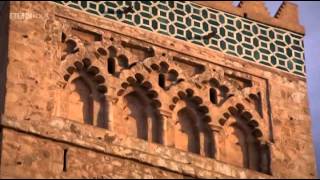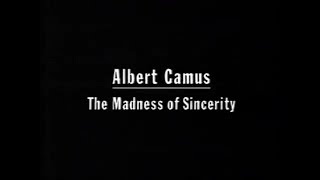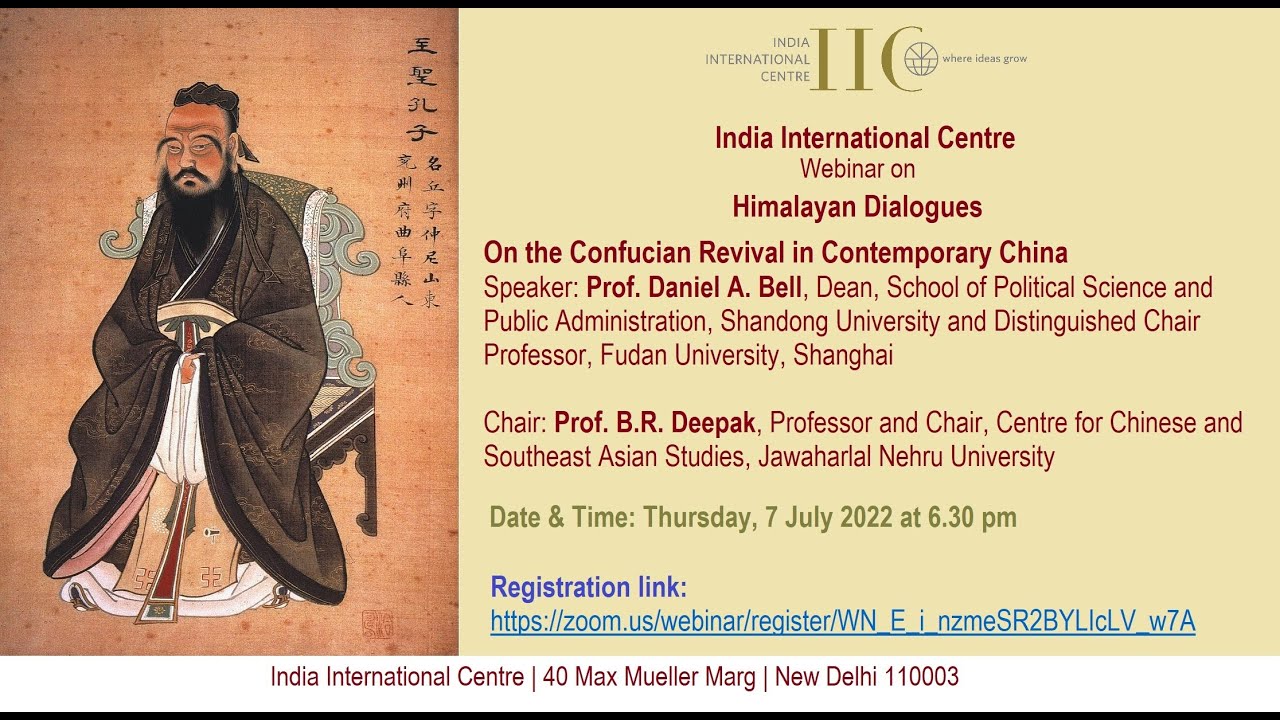Can’t You Hear the Wind Howl? The Life and Music of Robert Johnson (USA)
(77 min; 1997; English)
Director: Peter Meyer
Hosted by Danny Glover
Recipient of the Certificate of Merit, Documentary Short, Chicago International Film Festival 1997; and Lone Star Film & Television Award for Best Documentary, Lone Star Film and Television Award 1998
An in-depth, award-winning documentary on the life and music of legendary bluesman Robert Johnson. Mixing rare photographs, exclusive interviews, and dramatic re-creations, director Peter Meyer presents a compelling portrait of this enigmatic figure. Hosted by Danny Glover with Keb' Mo' as Robert Johnson, featuring Johnny Shines, Honeyboy Edwards, John Hammond, Eric Clapton, Keith Richards.












